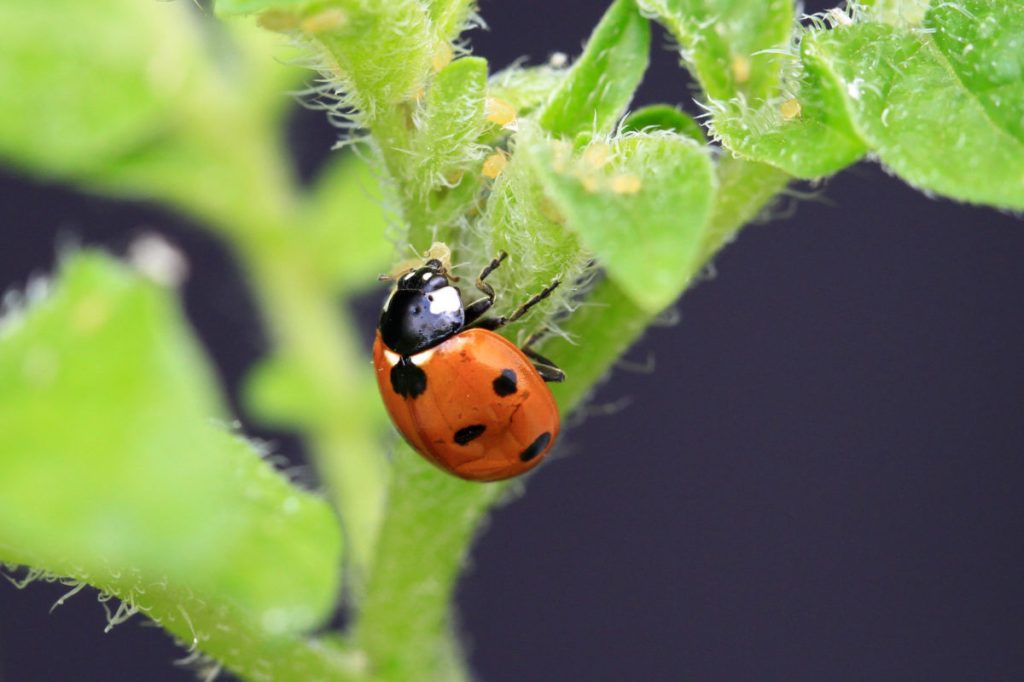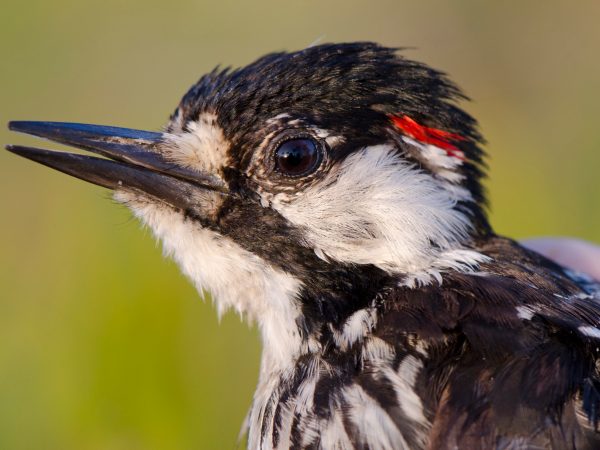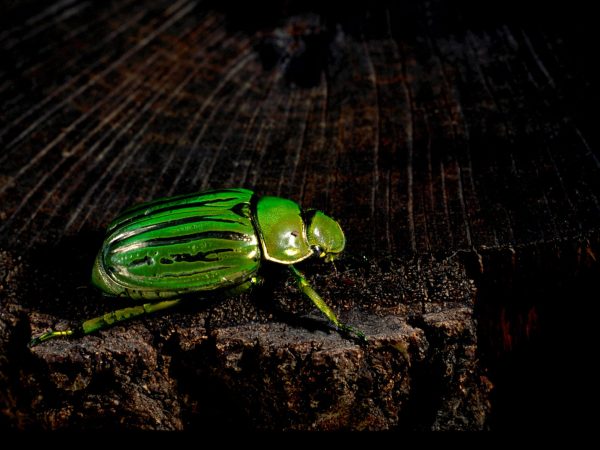A new study shows that promoting nature — biodiversity — around farm fields is essential to ensuring and maintaining abundant and stable food production because agricultural landscapes with higher variation in things like crops, hedges, trees, and meadows promote wild pollination, produce higher yields, and are better protected from harmful insect pests.
The Gist
“Our study,” explains Matteo Dainese, a biologist at Eurac Research and first author of the study, “shows that biodiversity is essential to ensure the provision of ecosystem services (processes regulated by nature that are beneficial and free for humans) and to maintain a high and stable agricultural production. For example, a farmer can depend less on pesticides to get rid of harmful insects if natural biological controls are increased through higher agricultural biodiversity.”
Published in Science Advances, the paper, “A global synthesis reveals biodiversity-mediated benefits for crop production,” involved more than 100 researchers and compared data from approximately 1,500 agricultural fields around the world, including corn fields in the U.S., oilseed rape fields in Sweden, cereal crops in the Alps, as well as coffee and mango plantations in India and South Africa, respectively.
Researchers analyzed wild pollination and biological pest control because these biodiversity-driven ecosystem services are essential to crop production and have an extensive research record.
Unfortunately, while the confirmation of the benefits of biodiversity for agricultural production is the good news; the bad news is that many of the world’s current agricultural approaches are leading to rapid biodiversity loss.
The Big Picture
Over the past two decades, about 20 percent of the Earth’s cultivated lands have become less productive, largely as a result of declining biodiversity, according to a recent report by the Food and Agriculture Organization of the United Nations.
In particular, notes contributing author and TNC senior scientist Christina Kennedy, “our paper also shows that landscape simplification — through intensification of agriculture, creation of monocultures, and loss of natural vegetation — has negative effects on wild pollination and natural pest control with cascading negative effects on crop production. In contrast and encouragingly, we found that in more diverse landscapes species richness of service-providing organisms increased by around 40 percent and the provision of ecosystem services improved by 1.1-fold.”
For TNC, these findings underscore the urgency of our ongoing efforts to develop and promote the adoption of science-based agricultural practices, methods and policies that simultaneously increase productivity and protect environmental resources and services.
“We’re working,” says Kennedy, “to mainstream agroecological practices that promote mutually-reinforcing relationships between food production and ecological processes (such as pollination and natural pest control) to improve both productivity and conservation within agricultural landscapes.”
The Takeaway
The stagnation and decline of crop yields even with the current and increasing pace of intensification, according to the study, indicates that alternative pathways and practices are necessary to maintain stable and sustainable crop production into the future.
“With ongoing global change and more frequent extreme climate events, the value of farmland biodiversity ensuring resilience against environmental disturbances will become even more important,” notes animal ecologist Ingolf Steffan-Dewenter from the Department of Animal Ecology and Tropical Biology at the University of Würzburg.
“Our study provides strong empirical support for the potential benefits of new pathways to sustainable agriculture that aim to reconcile the protection of biodiversity and the production of food for increasing human populations.”




Join the Discussion